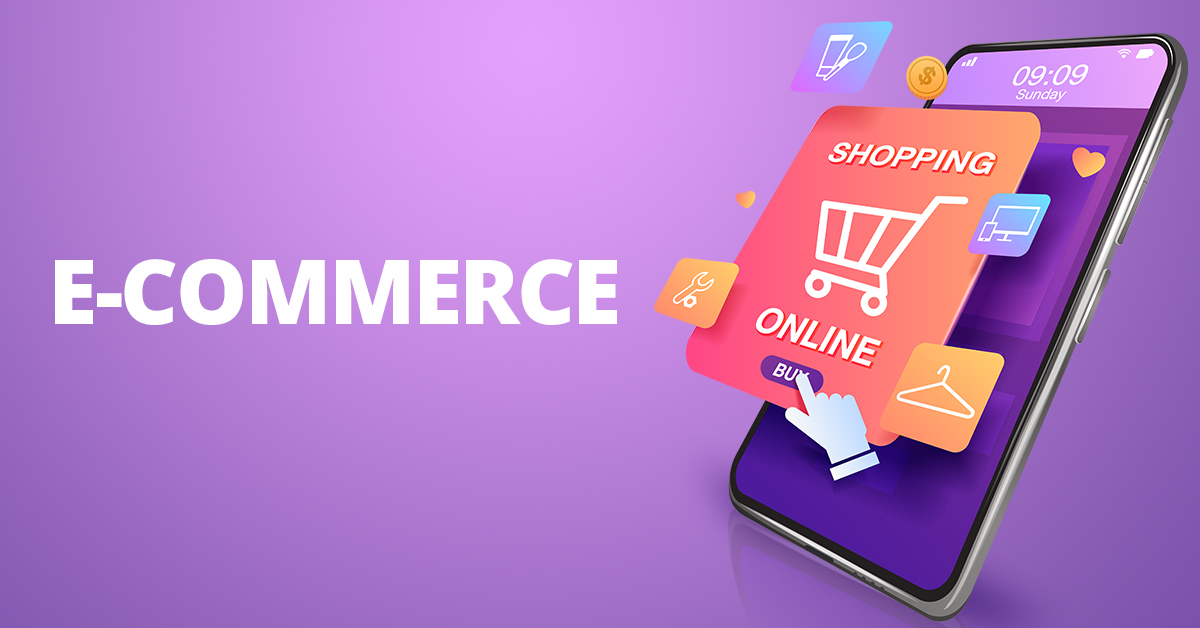The Covid-19 pandemic has forever changed the way business is conducted. From Zoom meetings to work-from-home staff to e-commerce.
According to Statistics Canada, online sales reached an all-time high of 3.9 billion in May of 2020. That is a 110% increase compared to the year before is expected to continue its upward trend. For over a year now we’ve seen that consumers are leaning more and more towards online shopping. It might have started as a way to limit the spread of Covid-19, but the rising trend shows shoppers buying online out of convenience.
E-commerce websites are here to stay. And, while more brick-and-mortar stores go out of business, many new e-commerce businesses and established online retailers are growing.
The key to thriving in the midst of a health pandemic is to quickly adapt to consumer trends. Then, if you want to compete in today’s market, you need to sell your products and services online. Read along to learn how.
According to a Statista Retail e-Commerce comparison 2017 to 2024: “In 2019, retail e-commerce sales of physical goods amounted to almost 25.4 billion U.S. dollars and are projected to increase to 33.3 billion U.S. dollars in 2024.”
E-commerce to sell services
Traditionally, businesses only sold their products online. But, services can also be sold online just as well. One great example of a company that has stepped up to provide a convenient service is New West Propane. A Calgary-based company, New West Propane provides free and contactless propane tank exchanges to homes and businesses. Using an e-commerce platform, New West can book tank deliveries and charge for their services entirely online. This sort of resourcefulness has actually created a business opportunity during hard times.
How to build an e-commerce business
-
- Find a reliable e-commerce solutions expert
- Choose your e-commerce platform
- Research the best shipping options for your business
- Create an online store with plenty of pictures and descriptions, including prices
- Start marketing your store
1. Find a reliable e-commerce solutions expert
When it comes to online transactions, mistakes can be costly (pun intended). So it’s important to do your research and find a builder that has a track record and proven experience building online stores.
At Cardan Marketing, we’ve been building custom online stores for over a decade and can make the process easy and straightforward for you. We can convert your existing website into an e-commerce store or build a new e-commerce website from scratch.
2. Choose your e-commerce platform
There are many popular e-commerce solutions available including WooCommerce, Shopify, Magento, etc. The best choice for your business will depend on your, and your customer’s needs and wants. And, the logistics of your online operation. Your e-commerce website builder can discuss your options and help you choose the best fit for your business.
3. Research the best shipping options for your business
Are you going to offer free shipping or absorb shipping costs? Do you need to put a minimum order total before offering free shipping? Talk to local providers to compare their shipping rates and times. Also, ask them how they handle shipping issues and lost/damaged merchandise.
4. Start marketing your store online
Now that your e-commerce website is ready, you need to make sure your potential customers can find it. The first step is to start optimizing for search engines so you can eventually rank. SEO is a long-term marketing strategy and won’t yield results for months, but it is an essential step to building your online presence. Paid advertising (SEM) and Social media marketing will get you more immediate results and help you establish your brand.
If you are not adapting to how your customers want to buy, they will simply spend their money elsewhere. Challenging times force us to capitalize on opportunities and better our business models. So, don’t wait to set up your own online store. Talk to an e-commerce expert today and start gaining your customers back.


